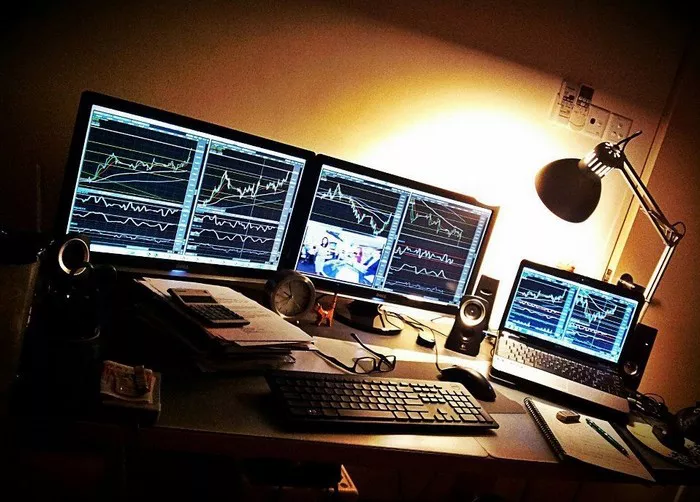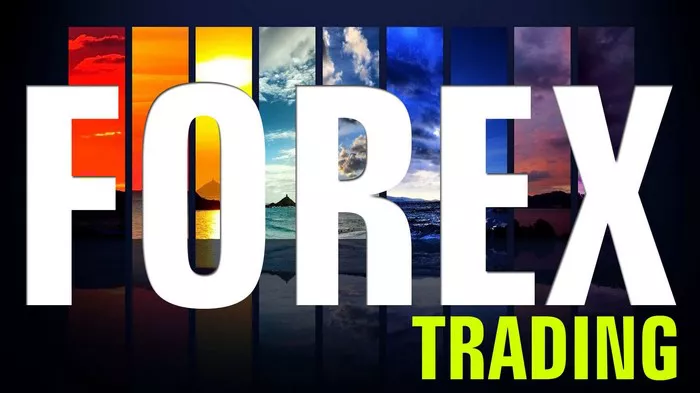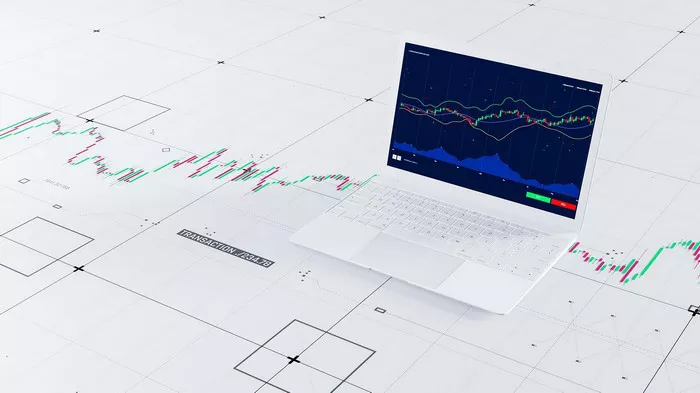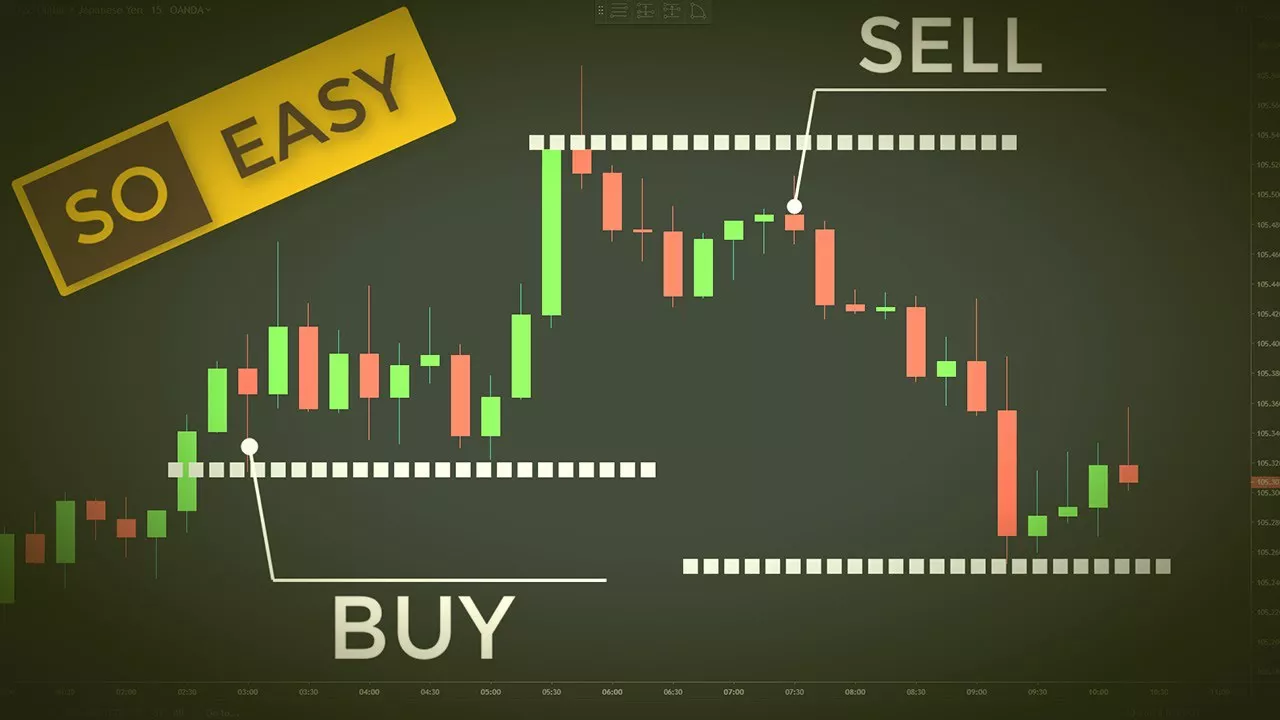Forex, short for Foreign Exchange, is the largest and most liquid financial market globally. It operates 24 hours a day, five days a week, and involves the trading of currencies. As a financial analyst with extensive experience in the industry, I understand the intricacies and nuances of this vast market. For aspiring and seasoned traders alike, knowing where to trade Forex is crucial to success. This article aims to provide a comprehensive guide on the best places to trade Forex, with a focus on essential factors such as regulation, fees, trading platforms, customer support, and more.
Understanding the Forex Market
Before diving into where to trade Forex, it’s essential to grasp the basics of this market. Forex trading involves buying one currency and selling another simultaneously. Currencies are traded in pairs, such as the Euro (EUR) and the US Dollar (USD). The value of a currency pair indicates how much of the second currency is needed to buy one unit of the first currency.
Forex trading can be done for various reasons, including speculation, hedging, and portfolio diversification. Speculative trading involves predicting the future direction of currency pairs to profit from their movements. Hedging is used to protect against potential losses in other investments by taking opposite positions in the Forex market. Portfolio diversification involves adding Forex to a mix of other assets to reduce overall risk.
Choosing a Forex Broker
When deciding where to trade Forex, one of the most critical steps is selecting a broker. A Forex broker is an intermediary between a trader and the market, providing access to trading platforms, execution of trades, and other related services. Here are some key factors to consider when choosing a Forex broker:
1. Regulation
Regulation is paramount when selecting a Forex broker. Regulated brokers must adhere to strict guidelines and standards set by financial authorities. This ensures the broker operates ethically, has adequate capital, and maintains segregated client funds. Some of the most reputable regulatory bodies include:
- The Financial Conduct Authority (FCA) in the United Kingdom
- The National Futures Association (NFA) and Commodity Futures Trading Commission (CFTC) in the United States
- The Australian Securities and Investments Commission (ASIC) in Australia
- The Cyprus Securities and Exchange Commission (CySEC) in Cyprus
When choosing a broker, always check their regulation status and ensure they are authorized by a reputable regulatory body.
2. Fees and Commissions
Fees and commissions can significantly impact your trading profits. Forex brokers typically charge in the form of spreads, commissions, or both. The spread is the difference between the buy and sell prices of a currency pair. Lower spreads mean lower costs for traders.
Some brokers offer commission-based accounts where traders pay a fee per trade but enjoy tighter spreads. Commission-free accounts, on the other hand, have wider spreads but no additional trading fees. Always compare the overall cost of trading with different brokers to find the most cost-effective option.
3. Trading Platforms
The trading platform is where you will execute your trades and manage your account. It is crucial to choose a broker that offers a user-friendly, reliable, and advanced trading platform. Look for platforms with features such as:
- Real-time quotes and charts
- Technical analysis tools
- Order execution options (market, limit, stop)
- Mobile trading apps
- Automated trading capabilities (e.g., Expert Advisors)
Some of the most popular trading platforms include MetaTrader 4 (MT4), MetaTrader 5 (MT5), cTrader, and proprietary platforms developed by brokers. Demo accounts are an excellent way to test different platforms before committing to a broker.
4. Customer Support
High-quality customer support is essential for resolving issues and getting assistance when needed. Look for brokers that offer multi-channel support, including live chat, email, and phone. The responsiveness and professionalism of customer support staff can make a significant difference in your trading experience.
5. Payment Methods
Ease of funding and withdrawing from your trading account is another critical factor. Look for brokers that offer a variety of payment methods, including bank transfers, credit/debit cards, and e-wallets (e.g., Skrill, Neteller). Check for any fees associated with deposits and withdrawals, as well as processing times.
6. Educational Resources
As a trader, continuous learning is essential. Look for brokers that provide comprehensive educational resources, such as tutorials, webinars, trading guides, and daily market analysis. These resources can help you improve your trading skills and stay informed about market developments.
7. Account Types
Different brokers offer various account types catering to traders with different needs and experience levels. Common account types include:
- Standard Accounts: Suitable for beginner traders with average trading volumes.
- Mini Accounts: Offer lower trading sizes and are ideal for those with limited capital.
- VIP/Premium Accounts: Provide premium features, tighter spreads, and personalized service for high-volume traders.
- Islamic Accounts: Compliant with Sharia law and do not charge swap fees (interest).
Choose an account type that aligns with your trading style, capital, and experience level.
Top Forex Brokers
Now that you know what to look for in a Forex broker, let’s explore some of the top options in the market:
1. IG Markets
IG Markets is a leading provider of CFDs and Forex trading. Regulated by the FCA, ASIC, and CySEC, IG offers a robust trading platform with advanced features. The broker provides tight spreads, commission-based accounts, and a wide range of payment methods. IG’s customer support is highly responsive, and its educational resources are extensive.
2. CMC Markets
CMC Markets is another reputable Forex broker regulated by the FCA, ASIC, and CySEC. The broker offers a user-friendly trading platform with excellent charting capabilities and technical analysis tools. CMC provides tight spreads and commission-free trading on some accounts. Its customer support is efficient, and it offers a range of educational resources to help traders improve their skills.
3. Saxo Bank
Saxo Bank is a Danish investment bank specializing in online trading. Regulated by multiple authorities, including the FCA, Saxo offers a state-of-the-art trading platform with advanced features and excellent charting tools. The broker provides tight spreads, competitive commissions, and a wide range of trading instruments. Saxo’s customer support is professional, and its educational resources are comprehensive.
4. XM
XM is a popular Forex broker regulated by the Cyprus Securities and Exchange Commission (CySEC). The broker offers a user-friendly trading platform with tight spreads and low commissions. XM provides multiple payment methods, excellent customer support, and a range of educational resources. The broker is suitable for both beginner and experienced traders.
5. FXCM
FXCM is a well-known Forex broker regulated by the NFA and CFTC in the United States and by the FCA in the United Kingdom. The broker offers a robust trading platform with tight spreads and commission-based accounts. FXCM provides a range of payment methods, professional customer support, and educational resources. The broker is suitable for traders looking for a reliable and regulated option.
Other Considerations
Besides the factors mentioned above, there are a few additional considerations when choosing where to trade Forex:
1. Leverage
Leverage allows traders to increase their market exposure with a relatively small deposit. While leverage can magnify profits, it can also amplify losses. Different brokers offer varying levels of leverage, typically ranging from 1:1 to 1:500 or more. Choose a broker that offers leverage that aligns with your risk tolerance and trading style.
2. Trading Conditions
Trading conditions can vary significantly between brokers. Factors such as slippage, requotes, and execution speed can impact your trading performance. Look for brokers that offer fast execution, minimal slippage, and no requotes. Reading reviews and forums can provide insights into a broker’s trading conditions.
3. Bonuses and Promotions
Many brokers offer bonuses and promotions to attract new clients. These can include deposit bonuses, trading credits, and cashback. While bonuses can be attractive, always read the terms and conditions carefully to ensure they are beneficial to your trading strategy.
4. Fund Security
Security of your funds is paramount when trading Forex. Always choose a broker that segregates client funds from its operational funds and maintains adequate capital reserves. Look for brokers that use top-tier banks for fund deposits and withdrawals and employ advanced encryption technologies to protect your personal and financial information.
Conclusion
Choosing where to trade Forex is a critical decision that can significantly impact your trading success. By considering factors such as regulation, fees, trading platforms, customer support, payment methods, educational resources, and account types, you can find a broker that aligns with your needs and goals.
Some of the top Forex brokers in the market include IG Markets, CMC Markets, Saxo Bank, XM, and FXCM. Each broker offers unique features and benefits, so it’s essential to compare and contrast options to find the best fit for your trading style and experience level.
Related topics:

































